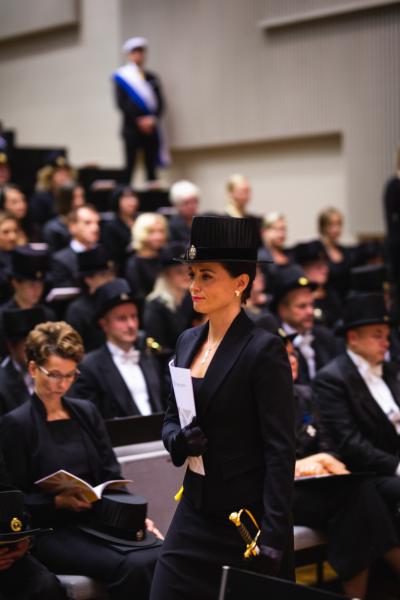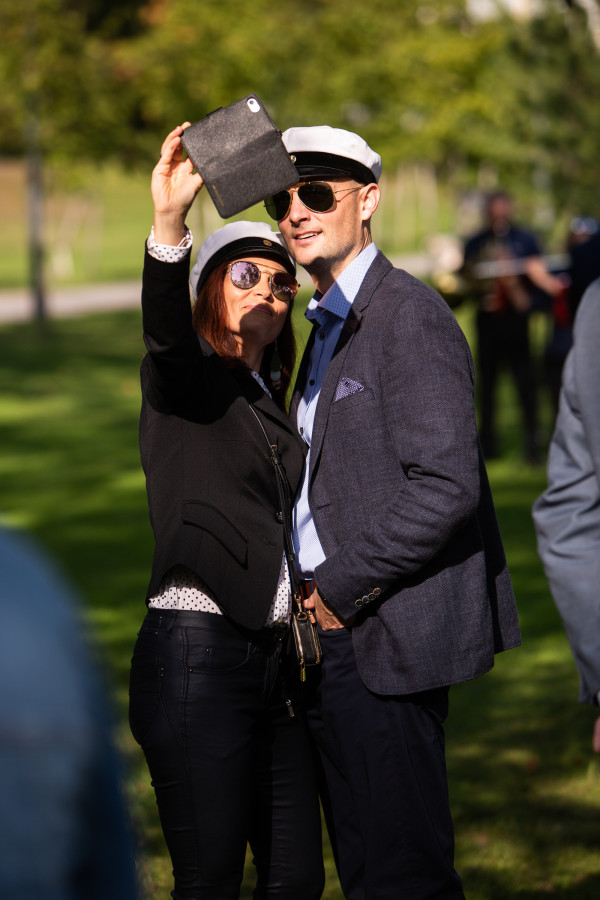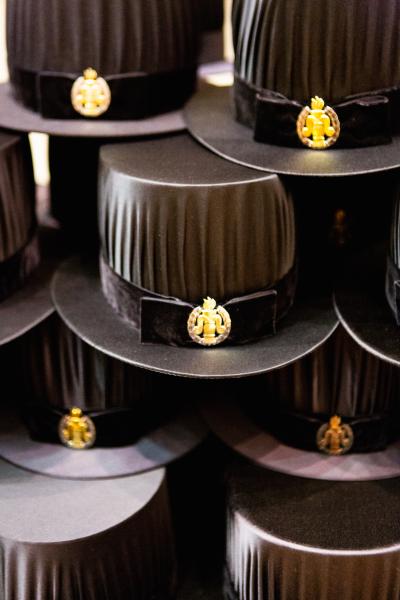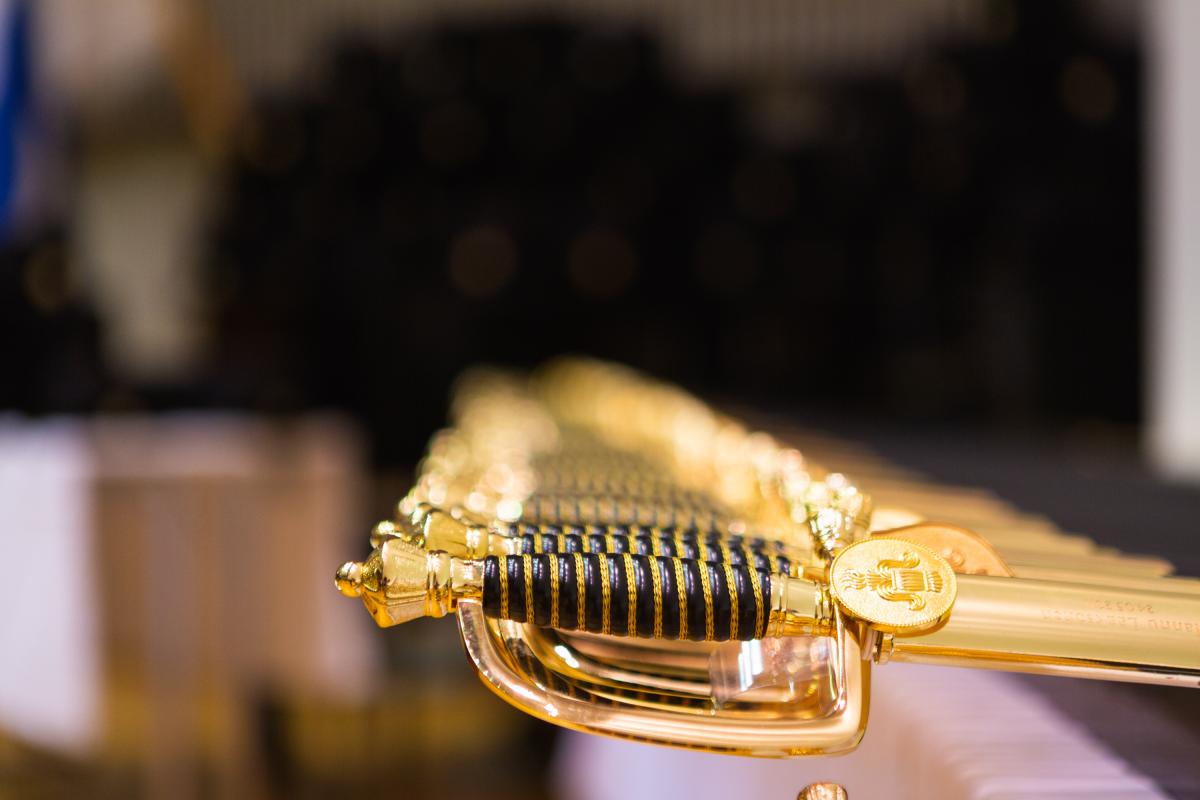Act of Conferment
The actual conferment of degrees and the granting of Honorary Doctor's titles are parts of a festive act of conferment. Speeches and music play an important role in the festivities.
Conferment Book
The conferment book is published before the ceremonies. The book includes short CVs and information of the doctors and honorary doctors.
Conferment Officials
The Conferment officials are the Conferrers of Degrees, the Master of Ceremonies and the Head Marshal.
Conferment Service OR Secular Event
Takes place after the act of conferment. Participants choose's one of the events.
Conferrer of Degrees
A senior professor of each faculty chosen to act as the Conferrer of Degrees.
Excursion to the seaside
An informal excursion on the day after the conferment.
Doctoral hat
The symbol of the freedom of research.
Doctoral sword
The symbol of a weapon of the spirit: to battle for what has been scientifically researched and discovered as true, right and good.
Head Marshal
Conducts the ceremonies with the Master of Ceremonies. Trains and supervises the marshals working in the Degree Ceremony.
Honorary Doctor
The University honours distinguished scientists or influential members of society with the award of an Honorary Doctorate.
Marshals
Students/university employees assisting the Master of Ceremonies and the Head Marshal.
Master of Ceremonies
Professor conducting the ceremonies.
Primus/Prima
The first young doctor to be conferred in the ceremony. Usually chosen according to his/her excellent merits in the field of research.
Promovendi
The Latin name for the doctors who will be awarded degrees in the ceremony.
Sword-whetting
Honorary doctors and doctors whet their swords with the assistance of their companion or a marshal. Whetting is performed with a grindstone damped with sparkling wine.
Gala Dinner and Ball
A gala dinner with speeches and music is arranged on the evening after the act of conferment. After the dinner, there is a ball with old academic dances. The ball ends to a speech to the rising sun.



